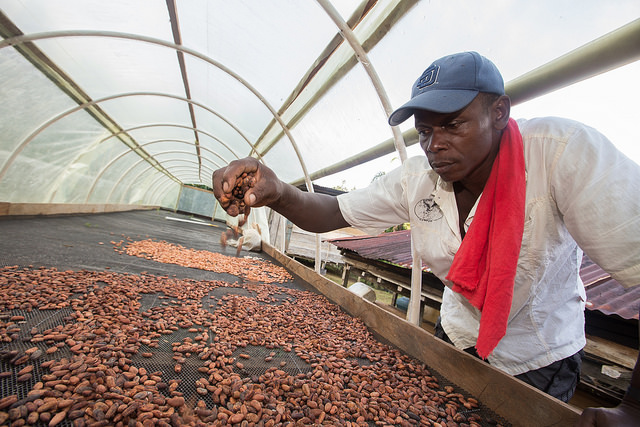It is clear that food systems must become more sustainable. They account for around 70 percent of the world’s freshwater withdrawals and contribute around 19 to 29 percent of the world’s greenhouse gas (GHG) emissions. Yet the world still faces severe nutritional problems: Globally, nearly 800 million people suffer from hunger and 156 million children are stunted—while at the same time nearly 2 billion people are overweight or obese.
How can we achieve environmental and climate goals without compromising current and future food needs? The Economist Intelligence Unit’s Food Sustainability Index (FSI), with the Barilla Center for Food and Nutrition Foundation, is a welcome tool to help answer this question. By assessing some important dimensions of the food system—nutrition, sustainable agriculture and food loss and waste—it gives stakeholders important information about where their country’s food system is strong or where it may need more support.
A key contribution of the FSI is how it shines a spotlight on the strengths of various countries’ food systems as a way to extract important lessons for other countries. For example, Colombia scores in the top ten for sustainable agriculture, reflecting strong performance on water management and environmental biodiversity. What are they doing right? Likewise, the index highlights some of the weaknesses in food systems that countries must address. The United States scores poorly for food waste, for example, and along with Saudi Arabia and the United Arab Emirates (UAE) ranks poorly for overweight and obesity. Addressing these complex challenges will require a reshaping of their food systems for better nutrition and health, as well as tools that help to elevate the issue and to guide policy response.
The FSI offers a great start by looking at the food systems of the G20 countries as well as Nigeria, Ethiopia, Colombia, the UAE and Israel. Yet for all the countries in the world to end hunger and malnutrition sustainably and achieve multiple Sustainable Development Goals (SDGs), they need these kinds of tools as well. In many developing countries, particularly where hunger and malnutrition are most severe, there is limited financial or human capacity to collect and analyze the kind of data and indicators used in the Food Sustainability Index. To help make these kinds of indexes up to date and global in scope, more investment is needed to develop systems for collecting precise and timely data in developing countries.
Certain aspects of food systems may be taken for granted in developed countries. For example, food systems need well-functioning market dynamics and linkages in the food supply chain for food to move safely and cheaply from farm to fork. Food systems also require government support to create an enabling environment through adequate transport, communication and energy infrastructure, as well as legal, regulatory, and institutional frameworks. These kinds of market dynamics and public investments are critically weak or missing from some developing countries’ food systems. As such, these dimensions of the food system also require tracking and monitoring.
The FSI complements well IFPRI’s strategic research, especially on promoting healthy food systems for reducing poverty and ending hunger and malnutrition. To complement the FSI and examine some of the issues it does not address, IFPRI will develop the Global Food System Index. For food systems to best contribute towards these goals as well as many other SDGs, countries need tools to assess where improvements are needed.
Shenggen Fan is IFPRI’s Director General. This post originally appeared on the Food Sustainability Index blog.







